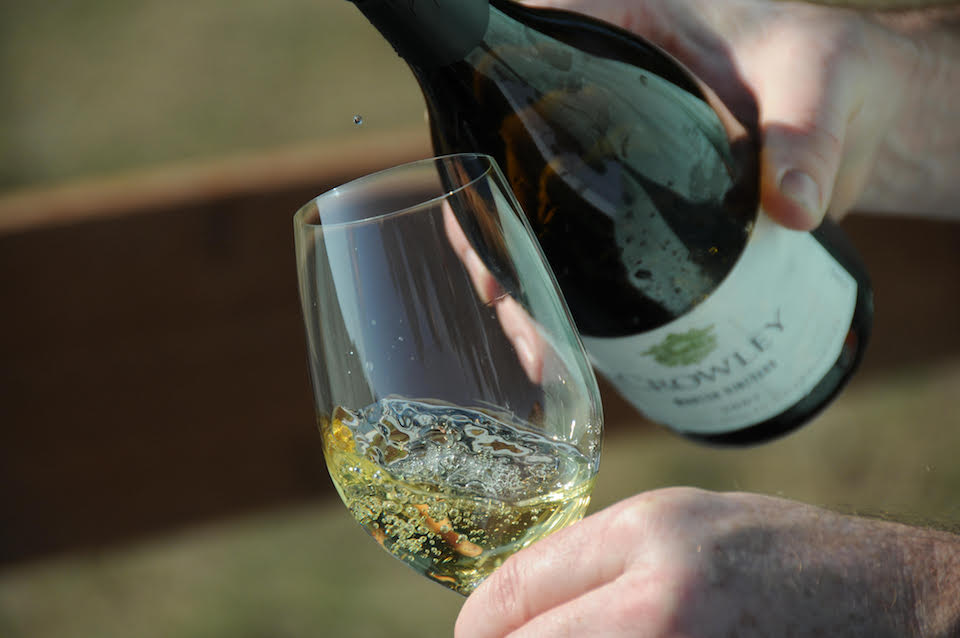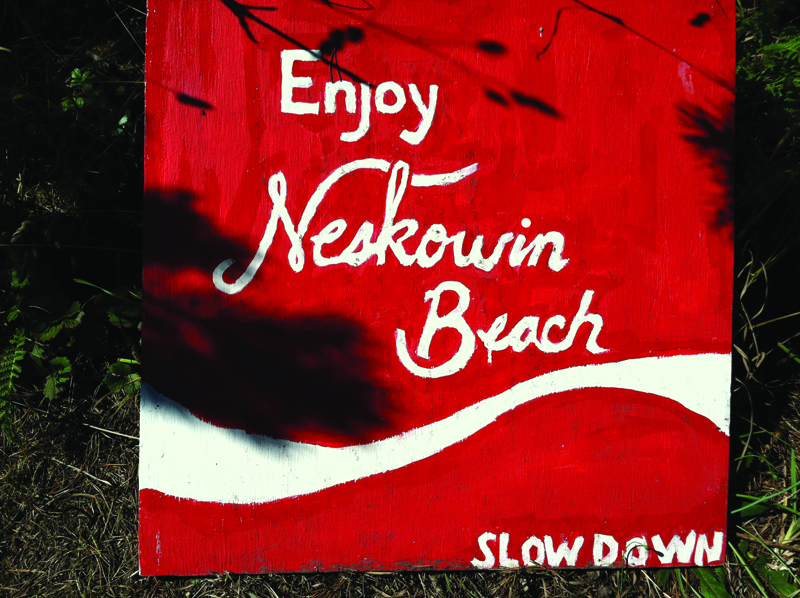Crowley Wines 2014 Four Winds Chardonnay
written by Sheila G. Miller
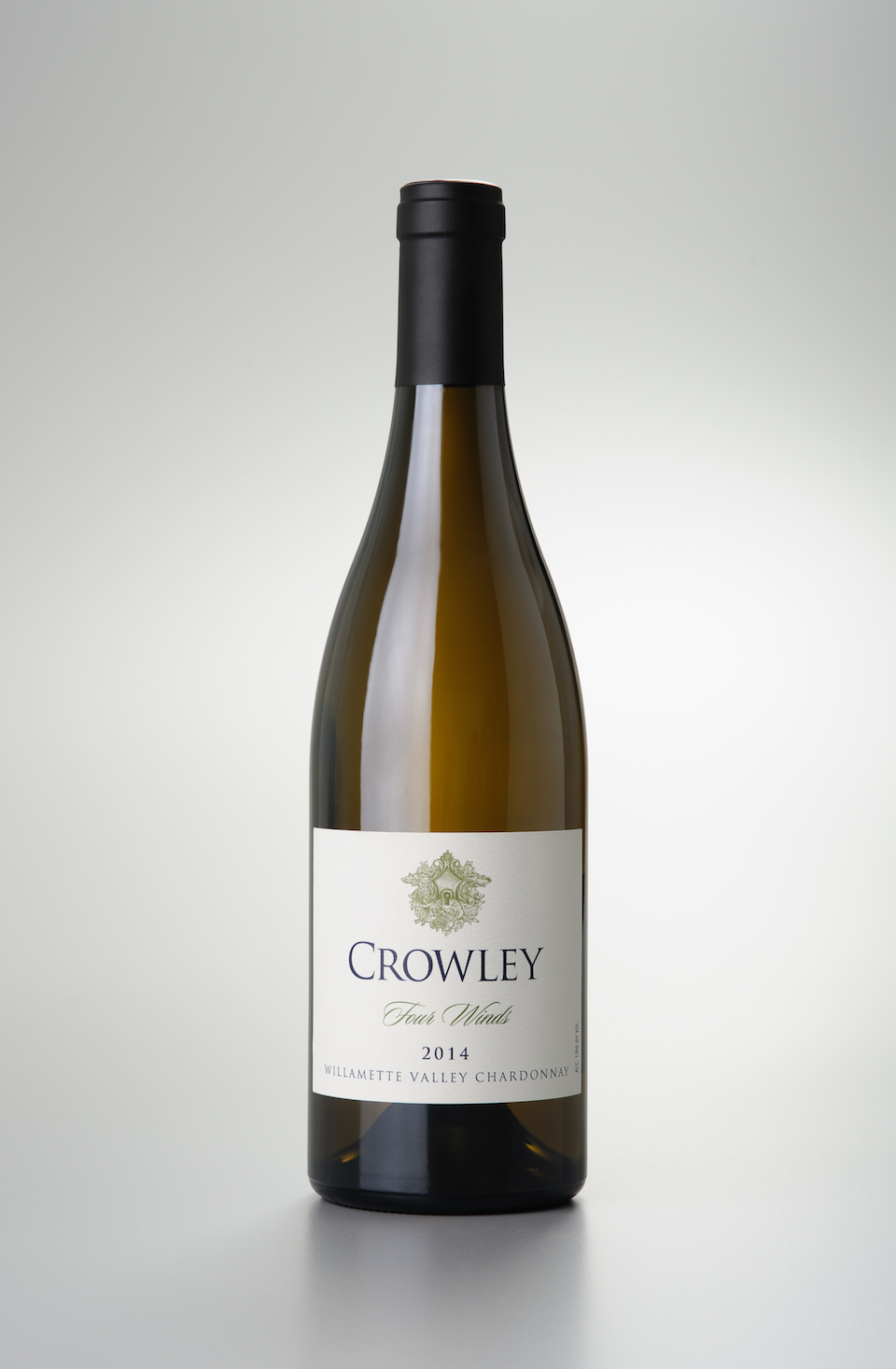
The owner and winemaker of Crowley Wines started his eponymous winery in 2005 after putting in time at a series of well-respected wineries.
Crowley grew up in upstate New York, not exactly Napa Valley. After college, he moved to Seattle and sniffed around wineries before, as a 24-year-old, he started cold-calling wineries looking for jobs. He ended up at Erath Winery. “I had to put this dream into action and really see if it was for me,” Crowley said. “Turned out, it was.”
Working at a large winery like Erath, Crowley said he had to learn the craft quickly, especially what he called the cellar skills and physical part of working with wine. “You only get a year to make the wine,” he said. “No matter what size winery you are, all the work has to happen in a year.”
It wasn’t until his next job, at Brick House Vineyards, that he learned a great deal about chardonnays. “That was when I really found out that chardonnay was, besides pinot noir, a really awesome, intriguing varietal,” Crowley said. “That was my first love in terms of Oregon chardonnay.”
After learning about chardonnays at Brick House, he studied them more at Cameron Winery. “That ended up becoming the next level for me to really learn about chardonnay and what makes a great chardonnay,” Crowley said. “I was fortunate to work with two producers who were really committed—they didn’t have a mixture of whites, they weren’t doing Riesling and pinot gris. They had a passion for chardonnay, and I got to get up close to that and learn.”
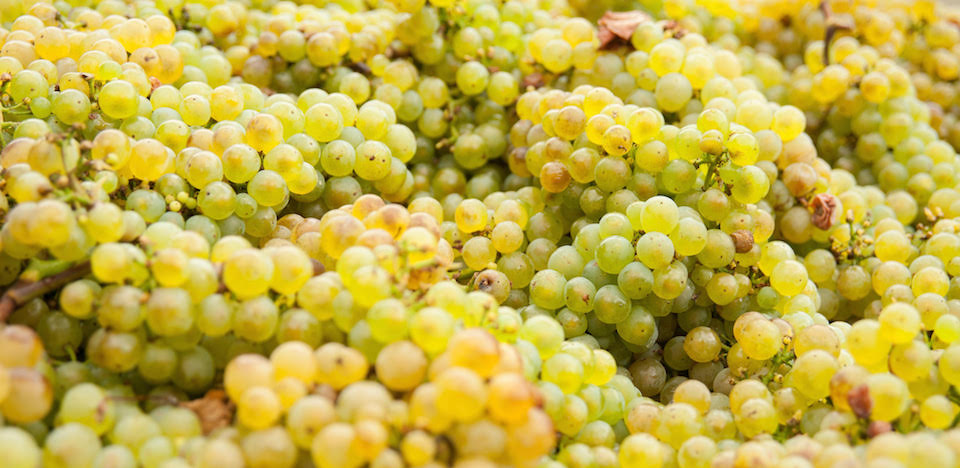
He put his knowledge to work when he started Crowley Wines a decade ago. Unlike the process for red wines, with white wine the juice of the grape is separated immediately from the skin, stems and seeds. Astringency (that dry, puckery feeling you get in your mouth when you drink a red wine) is not pulled from the organic material.
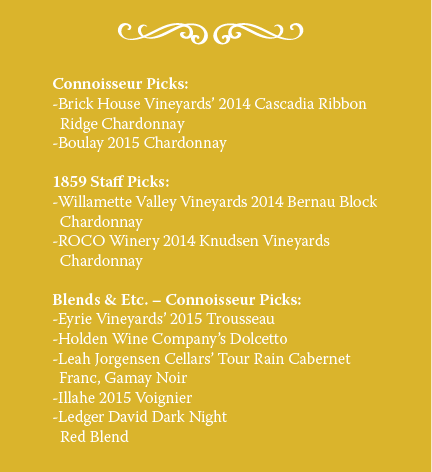
Crowley practices what he calls a natural winemaking process, letting the juice oxidize and eventually self-stabilize. “I’ve always been a minimalist. I always trained with winemakers who were first and foremost kind of naturalists,” he said. “They have this kind of built-in fascination and appreciation for nature’s role with winemaking … It’s just kind of intuitive.”
For Crowley, nature’s role in winemaking—stepping aside during the fermentation process—keeps him going. He doesn’t love the idea that winemakers and wineries become the focal point of the industry, rather than the wine itself.
“That ethos is definitely big,” he said. “But nature’s role is kind of at the center of it.”


